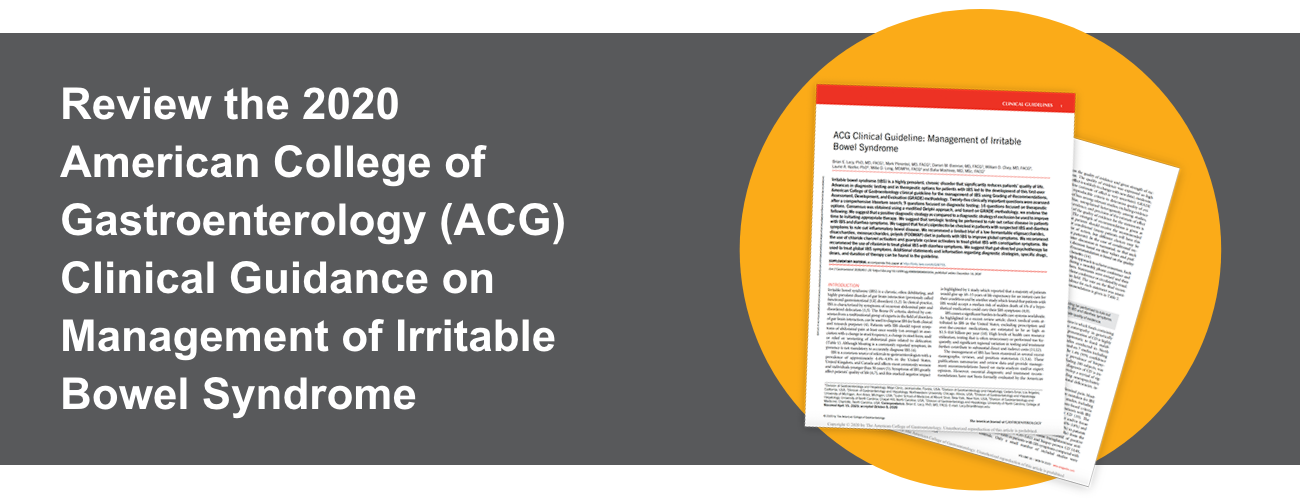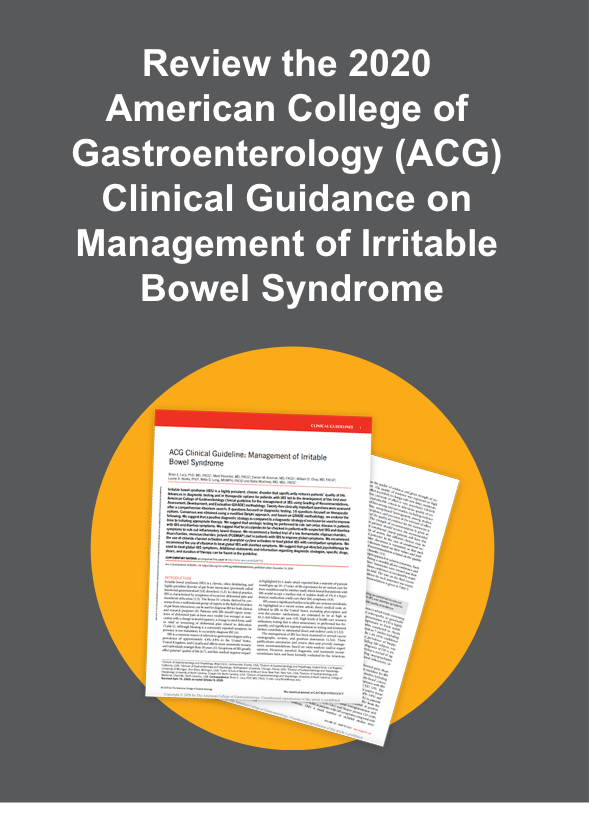|
||||||

|
||||||

|
||||||
IndicationTrulance (plecanatide) 3 mg tablets are indicated in adults for the treatment of Chronic Idiopathic Constipation (CIC) and Irritable Bowel Syndrome with Constipation (IBS‑C). |
||||||
| IMPORTANT SAFETY INFORMATION | ||||||
|
||||||
|
Please see additional Important Safety Information below and please click here for full Prescribing Information. |
||||||
|
Dear {{customText[Dr|Mr|Ms|Mrs]}} {{accLname}}, {{customText[I appreciate your time meeting with me today. I’ve included some information below that I mentioned earlier and I’d love to discuss in more detail when you are available.|I’m sorry we were not able to meet today. I am sharing some information I thought you would find interesting. I look forward to discussing this at your next availability.|I wanted to send you the information about ACG Clinical Guidelines. I’ll be sure we discuss this during our next conversation.]}} |
||||||
The ACG Clinical Guideline gave Trulance a STRONG RECOMMENDATION with a HIGH QUALITY OF EVIDENCE for the treatment of global IBS-C symptoms as a GC-C agonist1 |
||||||
|
||||||
|
GC-C=Guanylate cyclase-C |
||||||
|
||||||
|
||||||
| IMPORTANT SAFETY INFORMATION (continued) | ||||||
|
Contraindications
|
||||||
|
Warnings and Precautions Risk of Serious Dehydration in Pediatric Patients
|
||||||
|
Diarrhea
|
||||||
|
Adverse Reactions
|
||||||
|
Please also see the full Prescribing Information, including BOXED Warning. |
||||||
|
{{customText[As always, I am available to answer any questions you may have. Please don’t hesitate to reach out.|I am looking forward to discussing this information in more detail soon. I will call your office to reschedule our discussion. In the meantime, please don’t hesitate to reach out.|I will reach out to your office and set up time to discuss the information in more details.]}} Sincerely, {{userName}} | ||||||
|
Reference: 1. Lacy BE, Pimentel M, Brenner DM, et al. ACG clinical guideline: management of irritable bowel syndrome. Am J Gastroenterol. 2021;116(1):17‑44. This email is intended for US healthcare professionals only. |
||||||
|
||||||
|
Trulance is a trademark of Salix Pharmaceuticals or its affiliates. |
|
Salix Pharmaceuticals 400 Somerset Corporate Blvd., Bridgewater, NJ 08807 This email was sent to {{accFname}} {{accLname}} because you opted in/requested to receive Trulance messages from Salix Pharmaceuticals. If you no longer wish to receive emails from Salix Pharmaceuticals, you can update your email preferences below. Please do not reply to this email. If you have questions related to our Products, contact our Customer Care at: 800-321-4576. UNSUBSCRIBE OR UPDATE EMAIL PREFERENCES | PRIVACY POLICY | LEGAL NOTICE |



